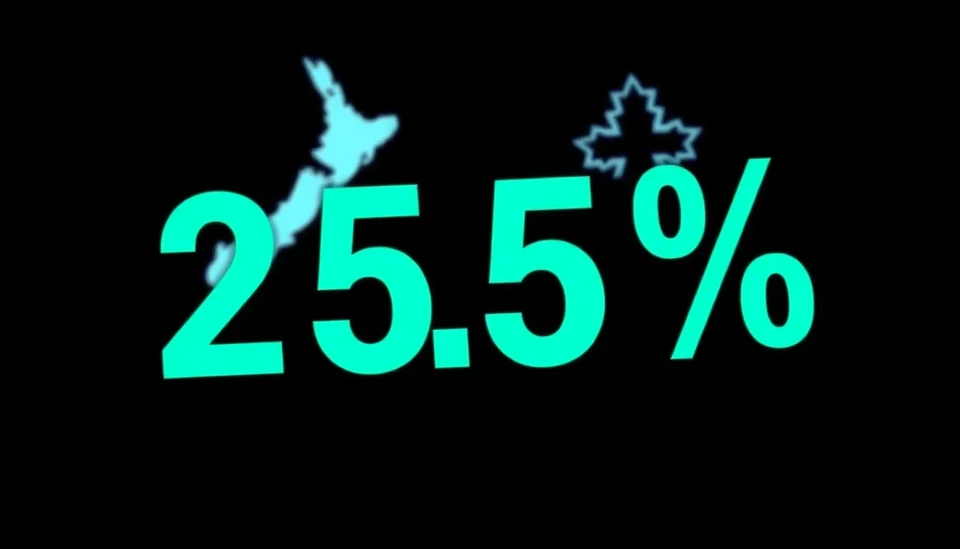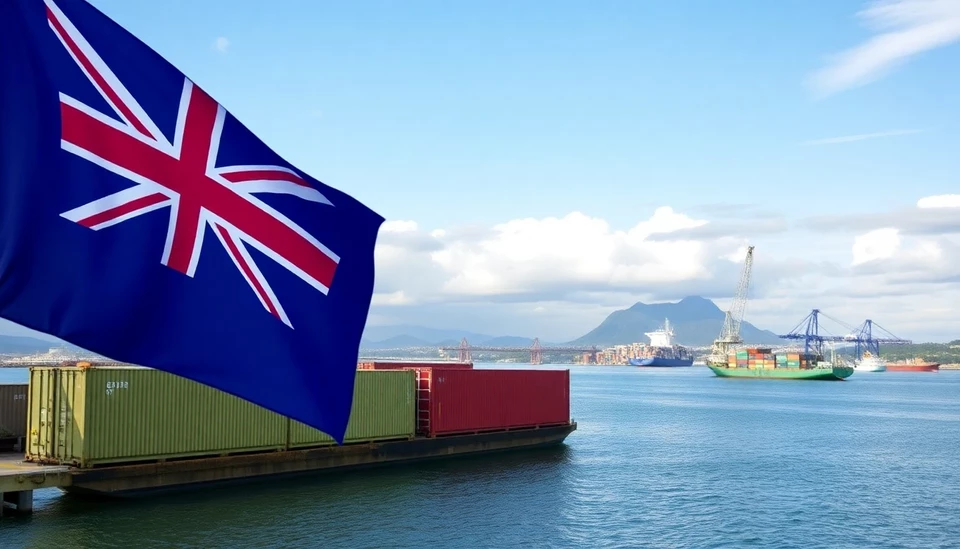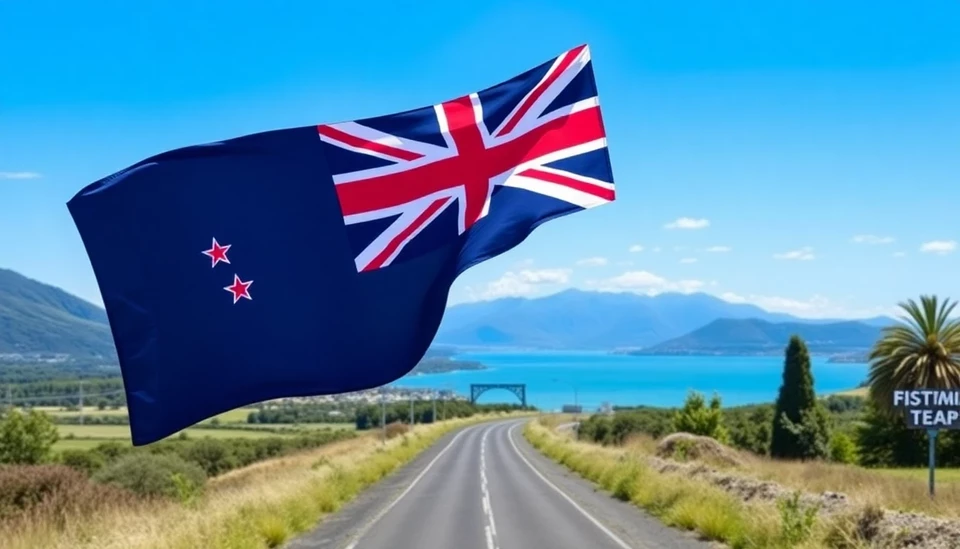
New Zealand has reported a notable reduction in its inflation rate, which has fallen sharply to its lowest point in nearly three years. The most recent consumer price index (CPI) figures reveal that annual inflation fell to 4% in the September quarter, a significant decrease from the 6% recorded just three months earlier. This marks the first time since the start of 2021 that inflation has reached this low level.
The ongoing decline in inflation can be attributed to various factors, including easing cost pressures on consumers and businesses, as well as reduced demand in several sectors of the economy. Price increases for goods and services have been moderating, reflecting lower costs for raw materials and disrupted supply chains recovering post-pandemic.
Economists view this deceleration in inflation as a positive sign for the New Zealand economy, particularly as it follows numerous interest rate hikes implemented by the Reserve Bank of New Zealand (RBNZ) in an effort to combat soaring prices. The central bank's policies seem to be having a desired effect, although it will take time to assess the full impact on economic growth.
The RBNZ's aggressive monetary policy, including multiple interest rate increases over the past year, aimed at curbing inflationary pressures that had surged due to unprecedented levels of government spending and global supply disruptions. The bank is now faced with the challenge of balancing inflation control with supporting economic recovery.
With inflation trending downward, experts anticipate that the RBNZ may reconsider its future interest rate strategy. Many speculate that a potential pause or reconsideration of further rate hikes is on the horizon, as the recent data suggests that inflation may continue to stabilize.
The decrease in inflation is also expected to have a significant impact on consumer sentiment, potentially leading to increased spending and investment within the economy. As households feel the relief from rising prices, confidence in the economic outlook may begin to improve, fostering a more robust environment for economic growth.
Looking ahead, both the government and the central bank will need to closely monitor economic indicators to ensure that inflation stays within targeted levels while also supporting broader economic stability. The recent inflation data offers optimism for New Zealand's economic prospects, ushering in an era of cautious hope following a prolonged period of economic uncertainty.
As New Zealand celebrates this welcome news, further vigilance around inflation rates and their implications is essential as the country navigates the complex post-pandemic recovery landscape.
#NewZealand #Inflation #EconomicNews #ReserveBank #CPI #InterestRates #ConsumerPrices
Author: Rachel Greene




